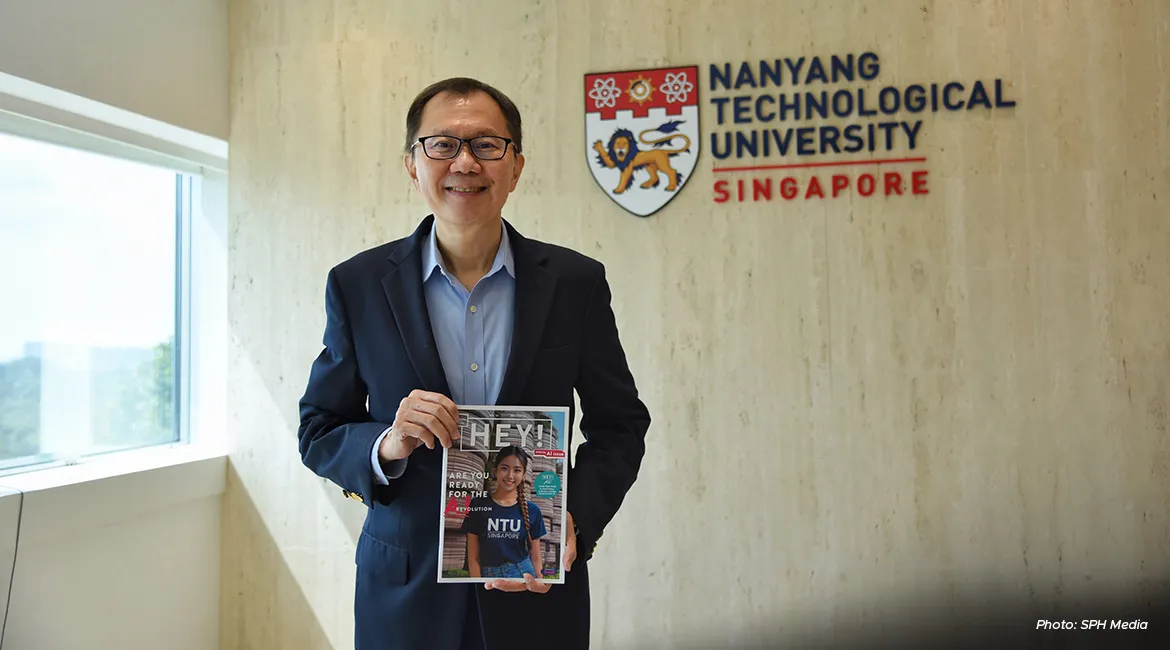Nanyang Technological University (NTU) is offering a new interdisciplinary degree programme in artificial intelligence (AI) and ethics to train a cohort of graduates to plug manpower needs in the information digital technology industry.
The four-year Bachelor of Science in AI and Society programme will welcome its first batch of 60 students in August 2024.
The curriculum will equip students with essential mathematical and computational skills so that they can develop high-quality AI solutions. They will also explore the ethical complexities of AI, including how it can perpetuate inequality, bias, and misinformation.
The course will allow students to choose some electives offered by non-science, technology, engineering and mathematics (non-STEM) schools in NTU, including the College of Humanities, Arts and Social Sciences, and Nanyang Business School.
Students enrolled in the programme have to study three essential modules in AI ethics and society, given the emphasis on responsible AI.
They will learn various real-world AI applications with positive social impact that meet the United Nations’ sustainable development goals, such as ensuring inclusive education and ending poverty.









